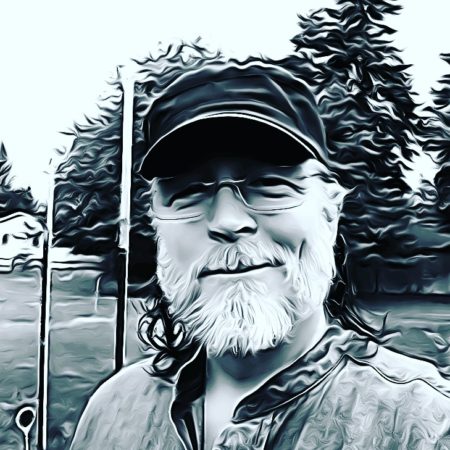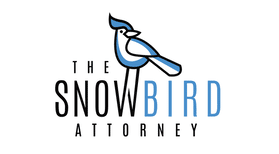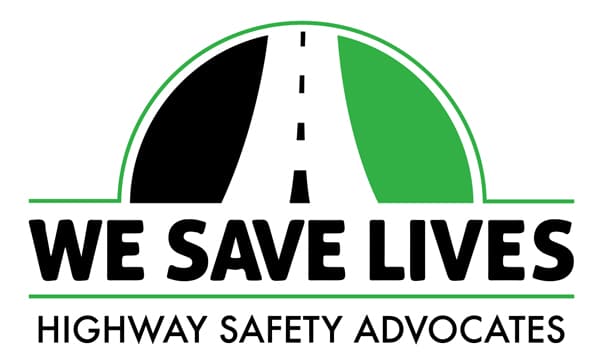
Motorcycle Crash Survivor, Rod Rawls courageously shares his story with us. Just under three years ago, I was exercising my right to ride my Harley-Davidson with no helmet when the unthinkable happened. I have absolutely no memory of the event, but it happened at an intersection that I used daily – sometimes several times in a day. At the time of the accident there was no traffic camera, so there is no way to be certain of what actually happened. The net result was that someone drove up, saw me lying next to my bike in the intersection and called 911. The people who found me thought I was already dead; once the police arrived, they found a faint, erratic pulse and called for an ambulance.
The event occurred less than a mile from the hospital, so the ambulance ride was short. Once my family and my girlfriend arrived at the hospital, they were told that I had been diagnosed as brain dead, and that I would be kept on life support for up to 24 hours to see if there were any changes, but that chances of my survival were minimal. After about three and a half hours, changes did happen. I regained consciousness long enough to move my hand in what the medical team interpreted as an attempt to remove my breathing tubes. Most importantly, it established that there was again brain activity. I then dropped into a comatose state, so they moved me to the ICU but the prognosis still wasn’t positive. I was awake the following day.
I Had to Re-Learn Names
My memory, or lack thereof, is the biggest challenge I deal with since becoming a motorcycle crash survivor. More than 90% of my long-term memory is gone – I remember little of my previous life. I remember a handful of highly emotional events from my childhood, and a scattering of events from my adulthood. Initially, I could only remember the most significant people from before the Traumatic Brain Injury (TBI) – my mother, my son, my girlfriend, and a few others. Regarding coworkers from my job of 15 years, I had to re-learn names and redefine relationships with everyone. Names still go missing more often than I would prefer.
Left Facing Numerous Physical Challenges
My balance while standing or walking became a special challenge. While an area of numbness in my left foot may have something to do with this, the physical therapist team at the TBI clinic explained to me that my visual processing had been impacted by the injury. I also fractured bones in my right hand, the brace that prevented it from moving while major brain repair was happening has made me fairly ambidextrous now with a tendency to gravitate to my left hand.
Traumatic Brain Fatigue
Another of my biggest challenges was post TBI brain fatigue, and while it is still an issue now, it doesn’t currently impact me to the same degree it did early on. I credit my improvements to both the therapy I went through and my daily meditation practice. The only serious subsequent medical complication was two TIA (Transient Ischemic Attack) events, also called a mini-stroke. One of these left me with double vision for a period of time, the second one happened about a year later and caused a loss of about 25% of my field of vision for a short time.
Other major changes include my inability to read well now or to perform simple math mentally, and true difficulty in completing tasks and projects. These are all likely related to the inability to maintain a specific train of thought for more than a few moments without my thoughts being derailed and losing track of where I was and what I was even thinking about. Both family and personal relationships were impacted in several ways. Initially it was more of a detachment from everyone and everything. Once I started trying to repair the damage I had caused, I was given a clear understanding that not remembering today about plans you made yesterday with your girlfriend can result in hurt feelings, even when she understands why it happened.
My Life Has Changed in Every Way
Life has changed for me on every level, from how I think to how I talk, from how I walk to how I eat, sleep and how I dress, from things that have become easy to things that are difficult or even impossible now. Relationships – some saved and some lost, but every one of them forever changed. My professional life hangs in the balance of how I compensate for an extremely dysfunctional memory, inability to focus and emotions that are all too often at the very edge. Without the therapy I received as a motorcycle crash survivor, the resources and tools I’ve been introduced to, and most importantly, the support of a small family circle and one very special woman who continues to love me through it all… not sure where I’d be by now.
Submitted by Rod Rawls, A Changing World
Rod is a traumatic brain injury survivor and caregiver for his mother with moderately severe dementia; he now writes a blog with the goal of helping both brain injury survivors and caregivers to find helpful information, resources and inspiration. For more information on his blog please visit: www.mytbiblog.com.
Rod Rawls is a member of Crash Support Network as we thank him for his support.
This article is also featured in our 2019 Winter Issue of Sharing our Recovery
The Crash Support Network is a unique website consisting of an online support group, a Crash Survivor Blog written by a survivor, our Sharing Our Recovery Newsletter, informative articles and a Virtual Crash Memorial. Our website is based on relationship-building and puts the needs of survivors first by creating a helpful resource for victims and survivors of motor vehicle crashes.





